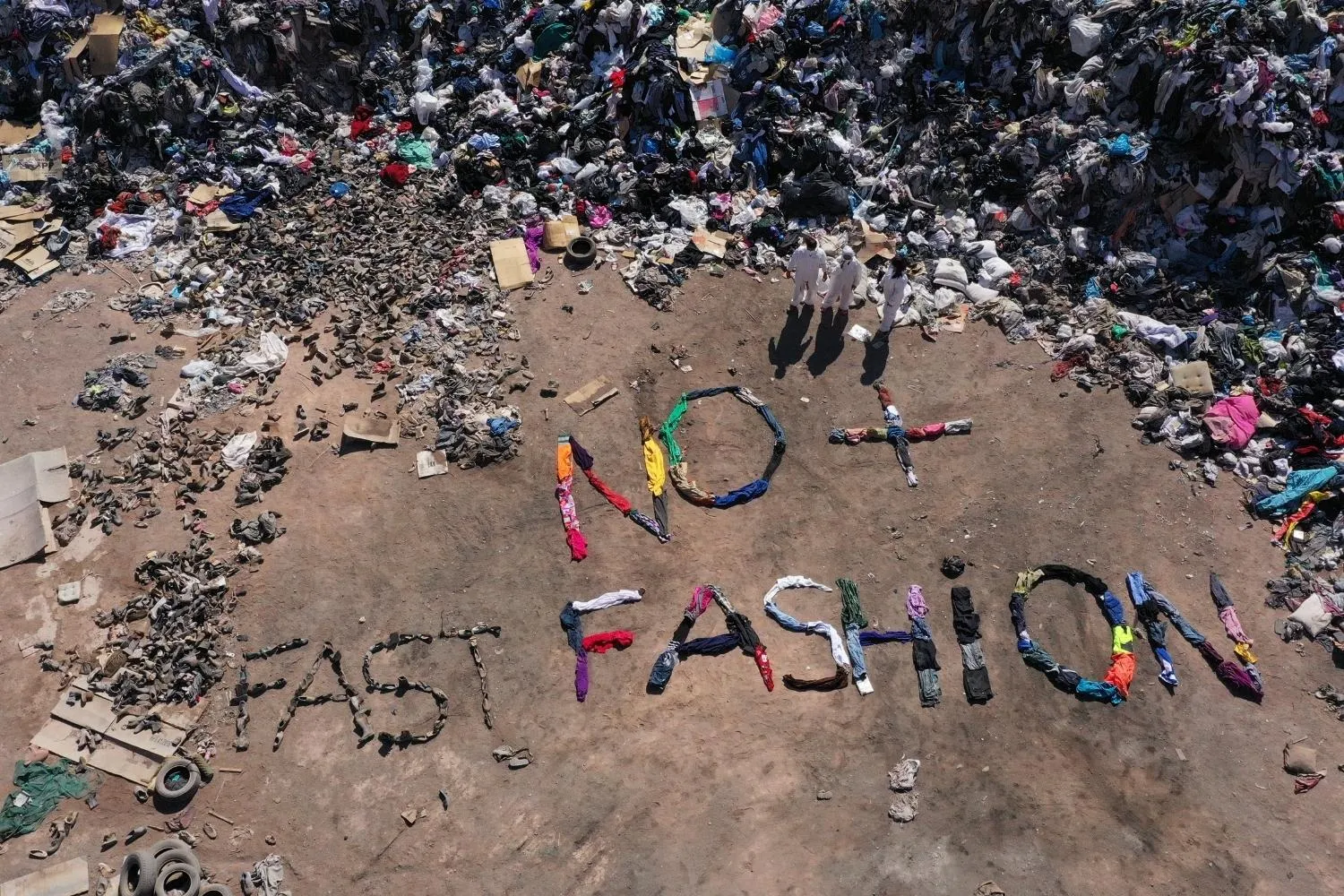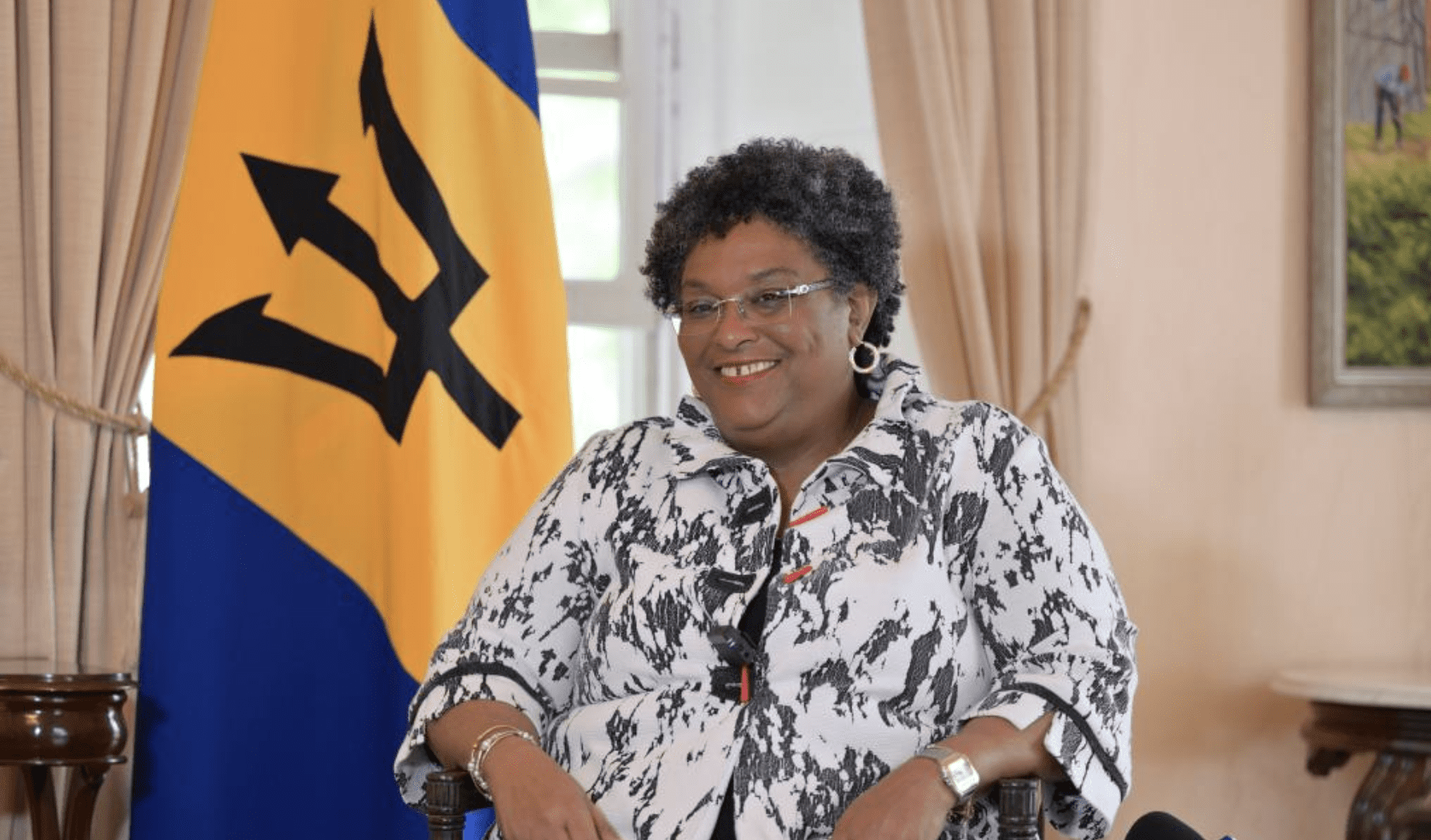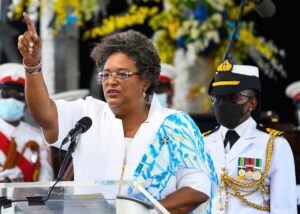Key Impact Points:
- U.S. Climate Leadership Expansion: Kamala Harris’ approach, guided by adviser Brian Deese, aims to position the U.S. as a key partner for developing countries in climate resilience, contrasting with China’s Belt and Road Initiative.
- Strategic Investment in Climate Tech: Deese’s proposal seeks to extend the Inflation Reduction Act’s impact by financing clean energy projects internationally through a “Clean Energy Finance Authority,” supporting both U.S. interests and global climate goals.
- Domestic and Global Synergy: Both Harris and Walz focus on leveraging the Inflation Reduction Act to advance U.S. leadership in clean energy, with Walz emphasizing local job growth and Harris concentrating on international collaboration.
- Economic and Environmental Goals: Walz’s efforts to secure federal funds for Minnesota’s clean energy projects align with Harris’ goal of scaling U.S. cleantech globally, presenting both domestic economic benefits and contributions to international climate efforts.
- Collaborative Leadership: The combined efforts of Harris and Walz reflect a strategy that balances federal-state collaboration with global partnerships to advance climate initiatives.
The News
Vice President Kamala Harris is outlining a global climate agenda, emphasizing U.S. leadership in developing nations’ climate resilience efforts. Adviser Brian Deese has proposed a plan to position American technology as a viable alternative to China’s Belt and Road Initiative, which has focused on exporting Chinese technology to developing countries. Deese suggests that the U.S. can fill the space left as China scales back its initiative by offering a broader range of climate tech to developing economies.
Meanwhile, Harris’ running mate, Tim Walz, is emphasizing his success in leveraging President Biden’s Inflation Reduction Act (IRA) to promote clean energy projects in Minnesota. Walz has secured hundreds of millions in federal funds for green energy initiatives, such as a large solar farm and a green hydrogen production facility. He plans to highlight these efforts during his speech at the Democratic National Convention.
Kamala Harris’ Global Climate Vision
Kamala Harris’ global climate strategy, as described by Brian Deese, focuses on strengthening the U.S. role in international climate technology deployment. Deese proposes the creation of a “Clean Energy Finance Authority” to finance projects such as battery manufacturing, carbon capture, and the construction of nuclear and geothermal power plants, largely supplied by U.S. companies. This plan aims to position the U.S. as a key player in global clean energy markets while addressing climate change.
The proposal seeks to build on the successes of the Inflation Reduction Act, which has provided funding for domestic clean energy projects. Deese argues that market mechanisms, such as bonds and stock issues, could be used to finance international cleantech adoption, while direct U.S. government grants would play a smaller role. However, this approach would require significant support from Congress to be implemented effectively.
Walz’s Leadership on Clean Energy in Minnesota
In Minnesota, Governor Tim Walz has been focused on transforming the state’s energy sector through the federal funding opportunities provided by the IRA. Minnesota has received over $410 million in federal grants for various clean energy projects, including a 710-megawatt solar farm that is expected to power 150,000 homes. These efforts are part of a broader state initiative to achieve 100% clean electricity by 2040.
Walz has also prioritized the involvement of local labor in these projects, with key initiatives being built with union labor. His administration has worked to update state laws and hire policy experts to position Minnesota as a strong contender for federal investments, despite challenges such as the state’s smaller population and less competitive tax policies compared to other states.
Strategic Wins and Challenges
While Walz has successfully secured federal funding and initiated key clean energy projects, there has been political opposition. Some Republicans, including Minnesota Rep. Pete Stauber, have criticized the state’s pursuit of IRA funds as politically motivated. However, Walz’s administration continues to focus on long-term economic and environmental goals, aiming to maintain momentum in Minnesota’s green energy development.
On the global stage, Harris faces similar challenges. Deese’s proposal for a Clean Energy Finance Authority would require Congressional approval, and there are concerns about how this initiative might be perceived — whether as foreign aid or a form of corporate welfare for U.S. companies. Nonetheless, proponents argue that this approach could help scale up U.S. clean energy exports, providing benefits for both domestic industries and international climate efforts.
Related Article: Sustainability Under Harris: What to Expect from Kamala’s Green Agenda
Looking Ahead
As Kamala Harris and Tim Walz continue to promote their respective climate agendas, their focus on leveraging the Inflation Reduction Act highlights the importance of both federal and international cooperation. Harris’ global approach complements Walz’s state-level initiatives, with both emphasizing clean energy growth as a means to achieve economic and environmental objectives. Their combined efforts could play a significant role in shaping U.S. climate policy in the coming years, though challenges remain in securing the necessary political and financial support.

 Follow SDG News on LinkedIn
Follow SDG News on LinkedIn











